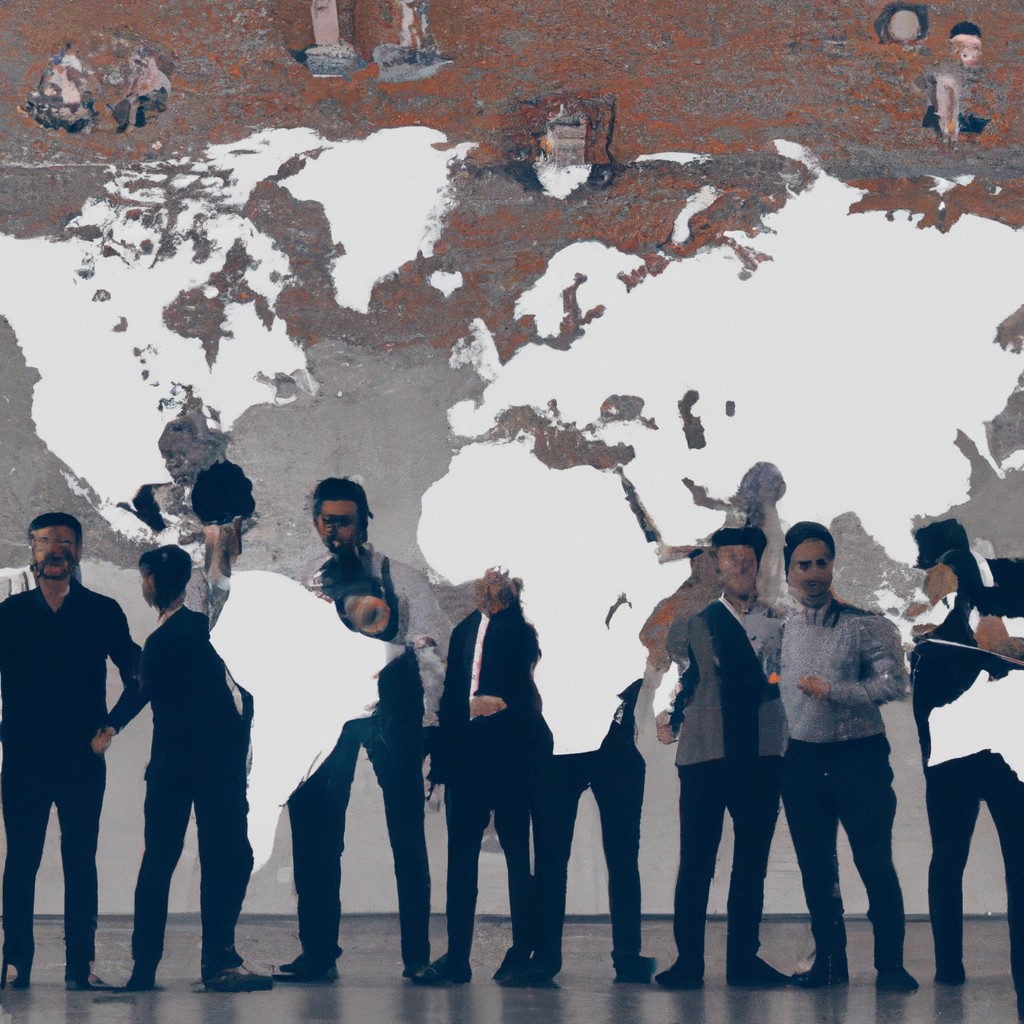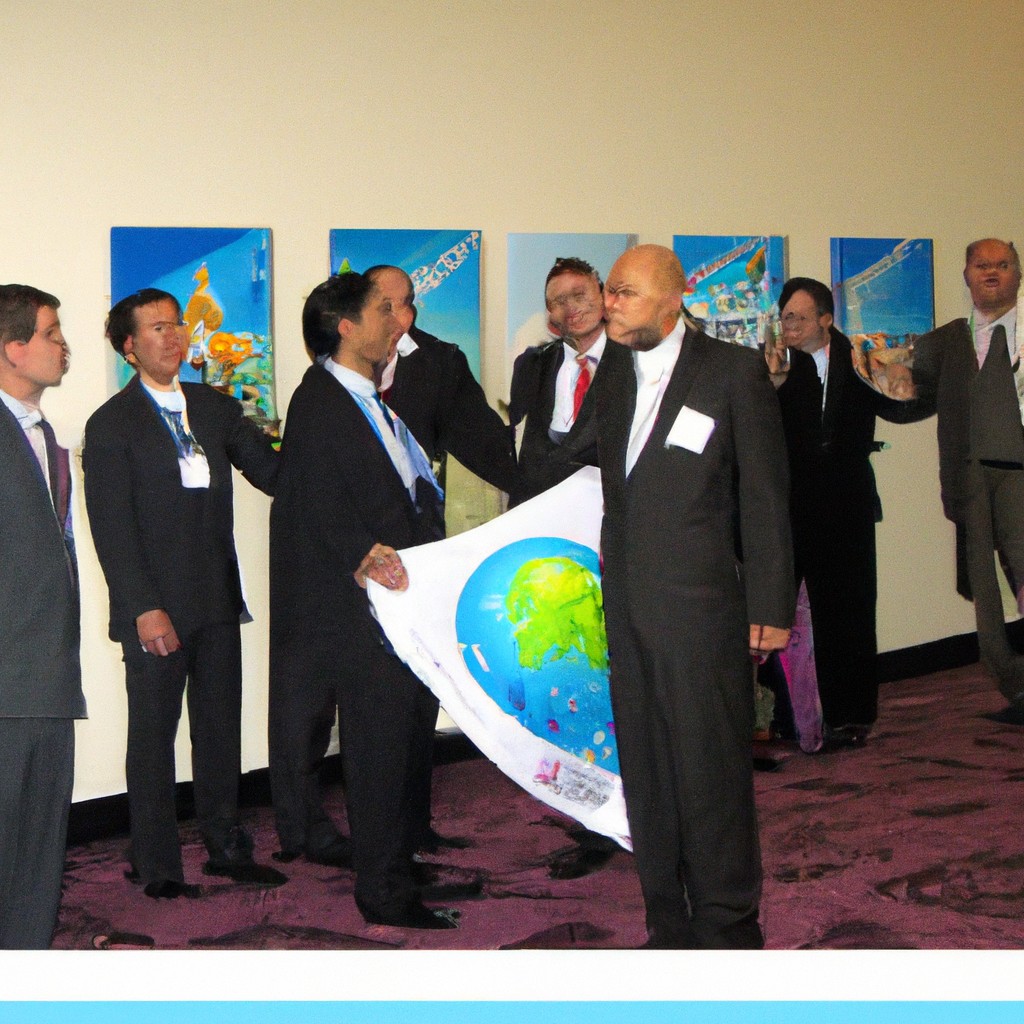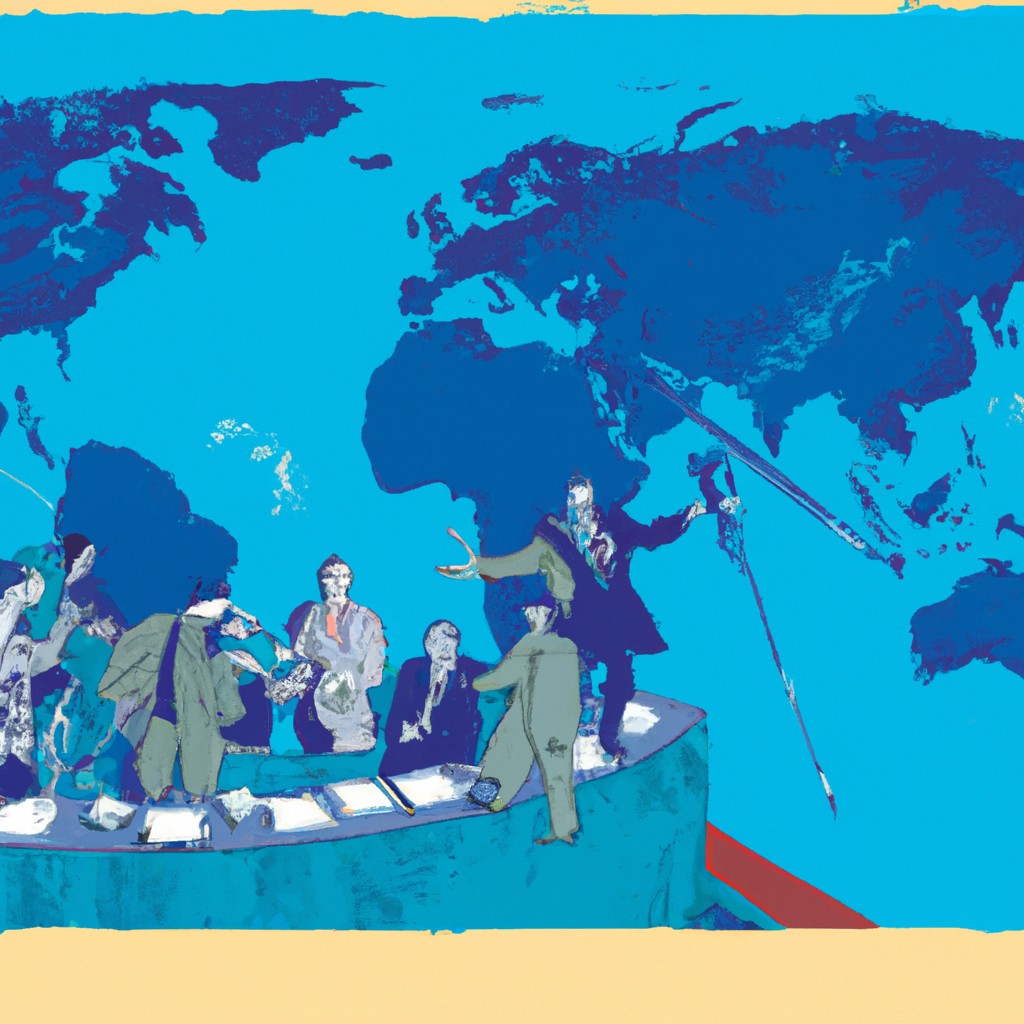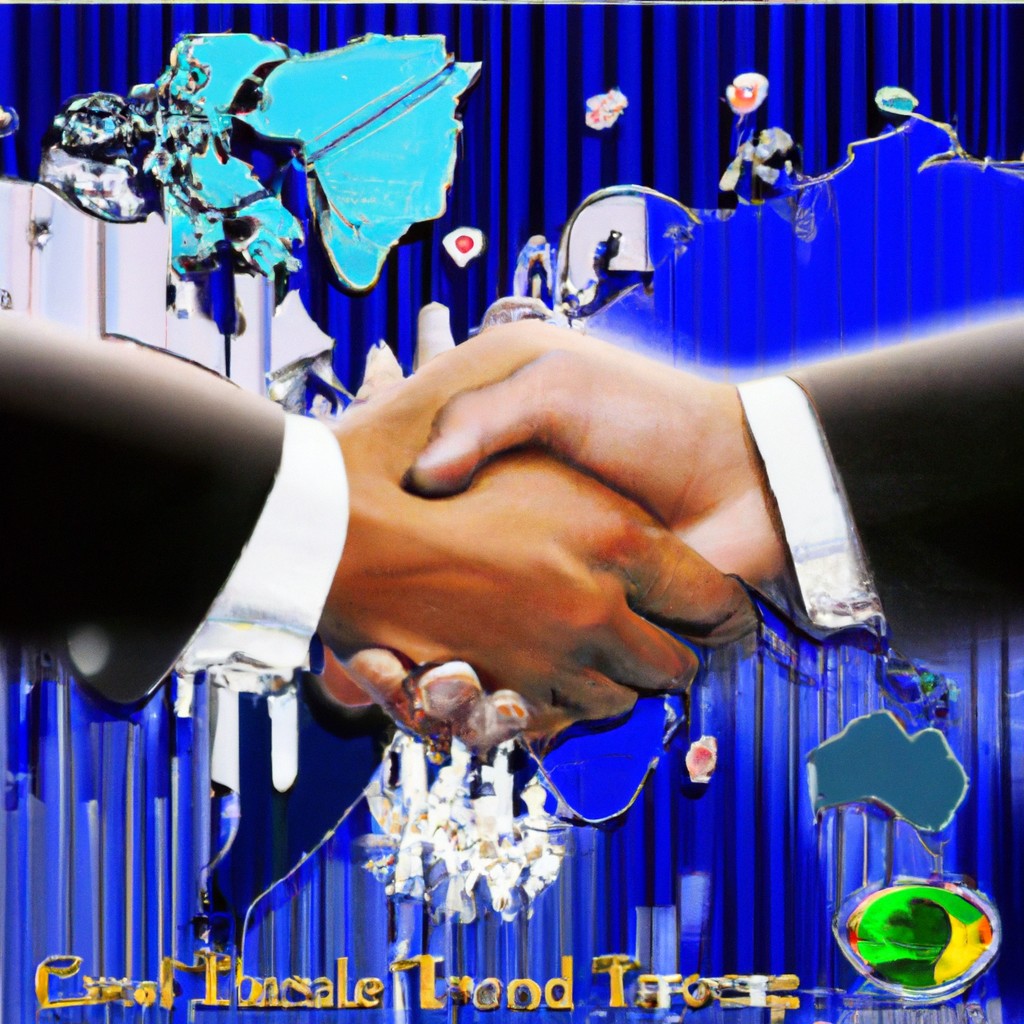Definition of international tax havens

International tax havens are countries or jurisdictions with favorable tax laws. Businesses and individuals use them to minimize taxation. Tax havens typically offer low or no taxes on income, wealth, or capital gains. They maintain high levels of financial privacy and provide easy access to offshore banking services. The use of tax havens has been a matter of controversy, with critics arguing that they facilitate tax evasion and money laundering. This leads to significant revenue losses for governments worldwide. On the other hand, proponents suggest that tax havens promote economic growth by attracting investment and encouraging financial innovation.
Read more
International tax competition

International tax competition occurs when countries strive to attract foreign investment by offering favorable tax conditions. This creates a fiscal environment where nations seek to lure businesses through low tax rates and incentives. Such practices can lead to a race to the bottom, where countries continuously decrease tax rates to remain competitive. While competition can stimulate economic growth, it may also result in revenue losses for governments. Additionally, multinational corporations can exploit loopholes in tax systems, shifting profits to low-tax jurisdictions. As a result, international tax competition has raised concerns about fairness and the ability of countries to fund public services adequately.
Read more
Role of international organizations in global trade

International organizations play a significant role in facilitating global trade by setting standards and regulations. They work to resolve disputes and promote cooperation among nations. These organizations help develop trade agreements, ensuring fair competition and smooth transactions. Through research and analysis, they identify trends and challenges in global markets. By providing assistance and guidance to countries, they promote economic growth and stability. International organizations also play a crucial role in promoting sustainable development and addressing pressing global issues. Their efforts help create a more inclusive and prosperous global economy for all nations involved in international trade.
Read more
Role of e-commerce platforms in facilitating international trade

E-commerce platforms revolutionize global trade by connecting sellers and buyers worldwide. These digital marketplaces offer efficiency, convenience, and reach across borders. They act as virtual market hubs, enabling small businesses to compete internationally. By streamlining transactions and logistics, e-commerce platforms simplify cross-border trade. They facilitate secure payments and shipping, fostering trust between traders. These platforms empower entrepreneurs to showcase their products to a global audience. The easy access to a vast customer base boosts sales and business growth opportunities. Overall, e-commerce platforms serve as catalysts for economic expansion and cultural exchange on a global scale.
Read more
Strengthening International Relations

Strengthening international relations bolsters mutual understanding and fosters global collaboration. By exchanging ideas and resources, nations build trust and enhance diplomacy. Cultivating strong diplomatic ties promotes peace and supports economic growth worldwide. Embracing diversity and respecting different cultures are crucial for developing harmonious relationships. Encouraging open dialogue and valuing partnerships are essential for creating a peaceful international community. Building bridges between nations through cultural exchanges and diplomatic efforts paves the way for a more interconnected world. Bridging cultural gaps and nurturing friendships across borders are vital for a stable and prosperous global society. Investing in international relationships brings shared benefits and promotes a brighter future for all nations involved.
Read more
Role of international organizations in facilitating trade

International organizations play a pivotal role in promoting global trade agreements and fostering economic cooperation. They provide a platform for nations to negotiate trade deals, resolve disputes, and harmonize trade regulations. By setting standards and best practices, these organizations help streamline cross-border transactions and create a level playing field for all participating countries. Through capacity-building programs and technical assistance, they assist developing countries in enhancing their trade capabilities and integrating into the global economy. Moreover, international organizations conduct research and data analysis to identify emerging trade trends and challenges, allowing policymakers to make informed decisions that support sustainable and inclusive trade growth.
Read more
Examples of successful international trade agreements

Successful international trade agreements like NAFTA have boosted economies by reducing trade barriers and promoting growth. The Comprehensive and Progressive Agreement for Trans-Pacific Partnership (CPTPP) facilitates trade among 11 countries across the Asia-Pacific region. The European Union (EU) has seen prosperity through its single market and customs union. The United States-Mexico-Canada Agreement (USMCA) has strengthened trade ties among the North American neighbors. These agreements have been instrumental in fostering cooperation, enhancing efficiency, and maximizing economic benefits for all involved parties. Through mutual collaboration and strategic negotiations, successful international trade agreements continue to play a pivotal role in global economic development and prosperity.
Read more
Economic impacts of international trade

International trade plays a crucial role in the global economy, affecting countries' growth and development. The exchange of goods and services between nations leads to increased market diversity, fostering competition and innovation. Through trade, countries can specialize in producing goods they have a comparative advantage in, leading to efficiency gains. This specialization boosts economic output and creates job opportunities, benefiting both importing and exporting nations. Moreover, international trade can reduce prices for consumers and provide access to a broader range of products. However, trade can also lead to challenges such as trade imbalances and disruptions in domestic industries.
Read more
Benefits of international trade

International trade brings countries closer, fostering cultural exchange and understanding. It boosts economic growth, creating more jobs and generating revenue. By facilitating access to a wider variety of products, trade enhances consumer choices and lowers prices. It encourages innovation and competition, leading to higher quality goods and services for consumers. Additionally, trade allows nations to specialize in producing what they do best, promoting efficiency and productivity. Collaboration across borders in trade agreements can promote peace and stability, as countries become economically interdependent. Overall, international trade is essential for global development and prosperity, benefiting both nations and consumers alike.
Read more













